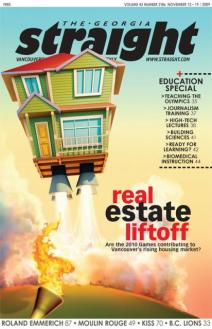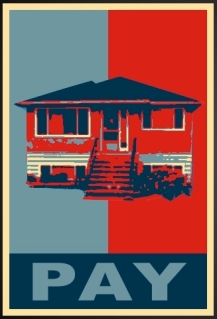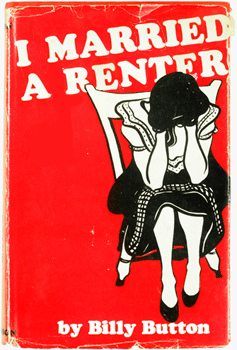“Every one of these case studies is misleading, and you are doing people a disservice by offering them as accurate. I understand you’re trying to make Vancouver look like a place people would want to live (and therefore make money off assisting them with their relocation), but please exercise some ethical restraint. 1) There is nowhere in Kits Allison can buy a month’s worth of groceries for $170, unless she’s living off of plain oatmeal and carrots. Shopping at IGA, Safeway or Choices could easily run a person $100 per week, not including much protein, and she can forget the occasional bottle of wine. 2) Gerald is spending almost 50% too much on his apartment. Back before people thought of housing as a place to sleep instead of one more status symbol, the lender rule was no more than 28% of your gross salary should go towards housing. His $36k/year is $3000/month; 28% of that is $840, so his $1225 rent is $385 too high. An actual financial planner would tell you the same thing. But since he can’t rent a studio in Coal Harbour (or maybe anywhere in Vancouver) for $840, he’d be stuck in a basement suite in Dunbar or Kits. Do any of your prospective clients know how much of the city lives in someone else’s basement? Also, what about paying off his student loans, or did he luck into rich parents? 3) You have not factored in the impact of interest rates returning to their long-term norm of about 7% (never mind the rate reset they’ll face in a few years, courtesy of the bank). What does that do to Mara and Jeff’s mortgage amount? Also, where are these people eating out so cheaply? A nice dinner plus wine four times per month at the listed total means their final bill with tip is $60 every week. Please show me a restaurant where a couple can get a “nice dinner” including a bottle of good wine for $52 including tax; I’d like to go there. Do they have any existing debt to service? 4) Same interest rate problem as Mara and Jeff. Misleading people as to the actual costs of living in this city helps no one but yourselves.”
– Dan, commenting below an article at 2vancouver.com titled ‘Vancouver Money and Budgets: A few case studies’ [23 Nov 2012], that sketches out proposed budgets for people in Vancouver in 4 different situations. As Dan points out, the budgets have elements of fantasy about them. [hat-tip to VCI; posted here for the record.]
It’s expensive to live in this city, largely because of costs associated with accommodation. This is very, very bad for Vancouver: It forces young people away, and diverts resources from other areas of the economy. We’d bet that relocation companies like ‘2vancouver.com’ have some relevant stories they could tell. – vreaa






















































